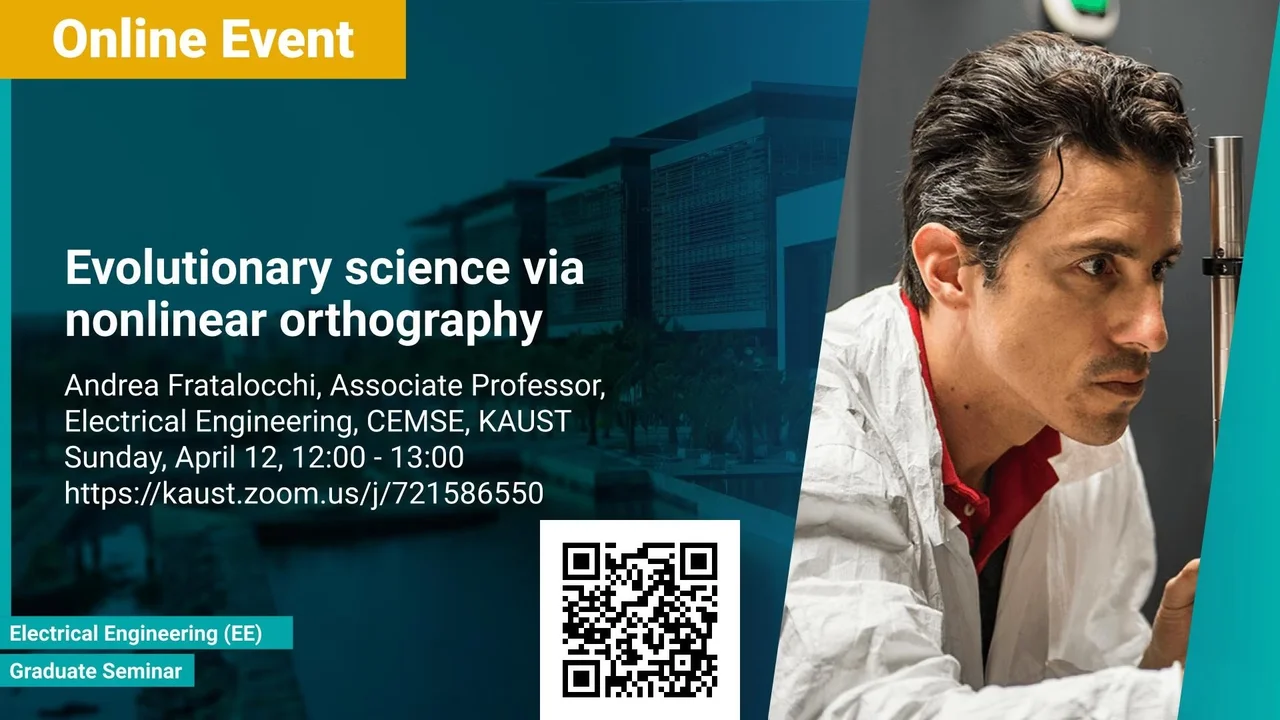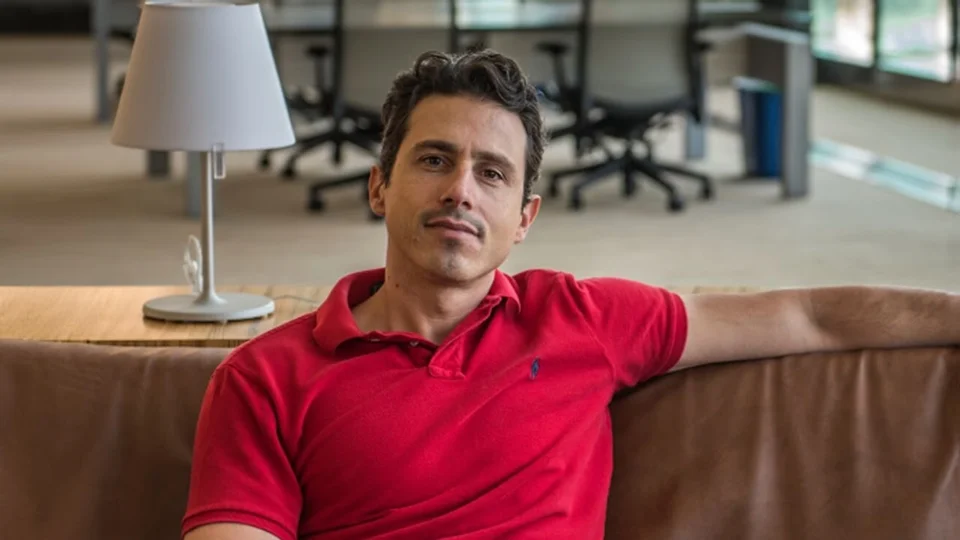
Evolutionary science via nonlinear orthography
The goal of our research is to understand the physical origin of these behaviors and trasform them into sustainable technologies that tackle contemporary problem of global interest, ranging from energy harvesting to clean water production, design of smart materials, biomedical applications, information security, artificial intelligence, global warming, and so on. Creating technologies from complex natural systems is a modern interdisciplinary research field that permeates many different scientific areas, ranging from physics to mathematics, to engineering and the theory of linguistics. This is a very challenging, yet very promising research. It involves the understanding of what we consider complex, which translates as something “involved, intricate, complicated, not easily understood or analyzed”. This sets the challenge of being able to understand the mechanisms of these systems and cross many different disciplines in order to constructively harness their properties into reproducible applications.
Overview
Abstract
Complexity studies physical processes that are in general unpredictable, or difficult to predict, and depend on a multitude of interacting degrees of freedom. Examples include chaos, rare events, brain functions, natural mimicry and camouflage, swarms cooperative dynamics, intelligence, etc..
Despite that in some cases the evolution of these systems seems dictated by relatively simple interactions—such as predator-prey games in nature or neurons that send electric stimuli to their nearest neighbors—the effects arising are advanced and sophisticated, with a common denominator: extreme efficiency and sustainability.
A brain with 250 trillion connections and 100 billion neurons is contained in a cube of only 10 cm side, consuming less than 20W. Each neuron dissipates less than 1 nW: this power is one millionth the one dissipated by the most sophisticated transistor fabricated today. A similar complexity seems to rule unpredictable natural phenomena, such as chaotic brownian motion or catastrophic events. Rare phenomena ranging from hurricanes to anomalous water waves are observed in environments that are normally in a quiet state. Under specific conditions, a strong cooperation among a large multitude of waves in the ocean or clouds in the sky occurs, triggering the formation of events that gather exceptional amounts of power. The equivalent power of each of these events is way higher than the most efficient plant available on earth. The camouflage of specific mollusks is more advanced than the most sophisticated nanomaterial engineered today; they can also dynamically change, contrary to man-made best structures. Ants explore a given terrain faster and on higher grounds than any current technology based on drones. Each ant requires also an infinitesimal amount of energy. Human babies develop spontaneous language abilities and cognitive thoughts, none of which happen in the most advanced technological platform currently available.
The goal of our research is to understand the physical origin of these behaviors and trasform them into sustainable technologies that tackle contemporary problem of global interest, ranging from energy harvesting to clean water production, design of smart materials, biomedical applications, information security, artificial intelligence, global warming, and so on.
Creating technologies from complex natural systems is a modern interdisciplinary research field that permeates many different scientific areas, ranging from physics to mathematics, to engineering and the theory of linguistics. This is a very challenging, yet very promising research. It involves the understanding of what we consider complex, which translates as something “involved, intricate, complicated, not easily understood or analyzed”. This sets the challenge of being able to understand the mechanisms of these systems and cross many different disciplines in order to constructively harness their properties into reproducible applications.
However, when these dynamics are suitably understood, even to a few percent, our results show that it is possible to engineer devices with record performances in fully scalable platforms, offering a promising approach to address global challenges with new sustainable technologies.
The future of the world requires science to make a third great advance, an advance that must be even greater than the nineteenth-century conquest of problems of simplicity or the twentieth-century victory over problems of disorganized complexity. Science must, over the next 50 years, learn to deal with these problems of organized complexity.
Brief Biography
Andrea Fratalocchi is an Associate Professor (from July 2016) in the Computer, Electrical and Mathematical Sciences and Engineering Division at KAUST University. He joined KAUST in January 2011 as Assistant Professor. Prior to joining KAUST, Andrea Fratalocchi was a Research Fellow of Sapienza University of Rome under a KAUST Fellowship Award. From 2007 to 2009, Andrea Fratalocchi worked as a post-doctoral researcher at Sapienza University under a “Young Investigator” Award from the research center “Enrico Fermi.” In 2012 he was appointed as Editor of Nature Scientific Report. In 2017, he won the Middle East GCC Enterprise Award as best electrical engineer of the year. In 2019, he was elected Fellow of the Institute of Physics (IOP), Senior Member of the IEEE, and Fellow of the Optical Society of America (OSA):
“For pioneering innovations in the use of complex optical systems and the development of creative technologies in clean energy harvesting, bio-imaging, and advanced optical materials”
